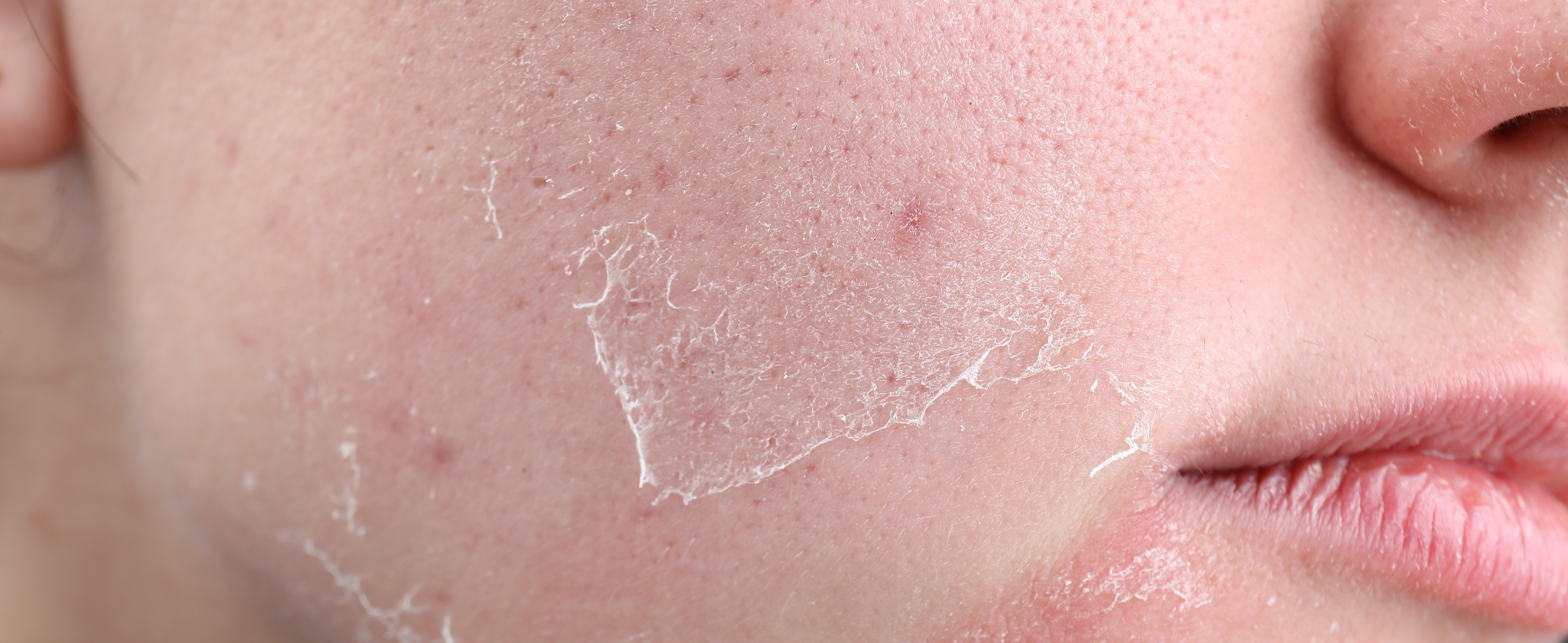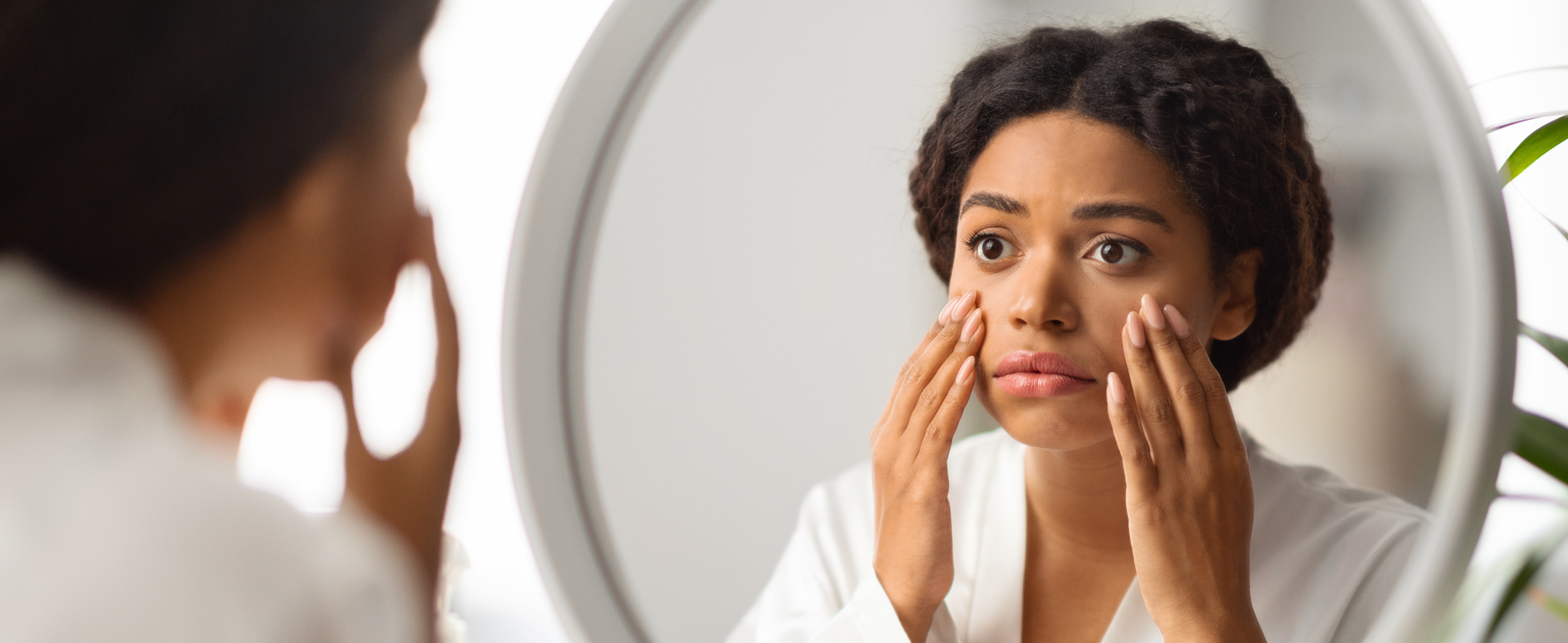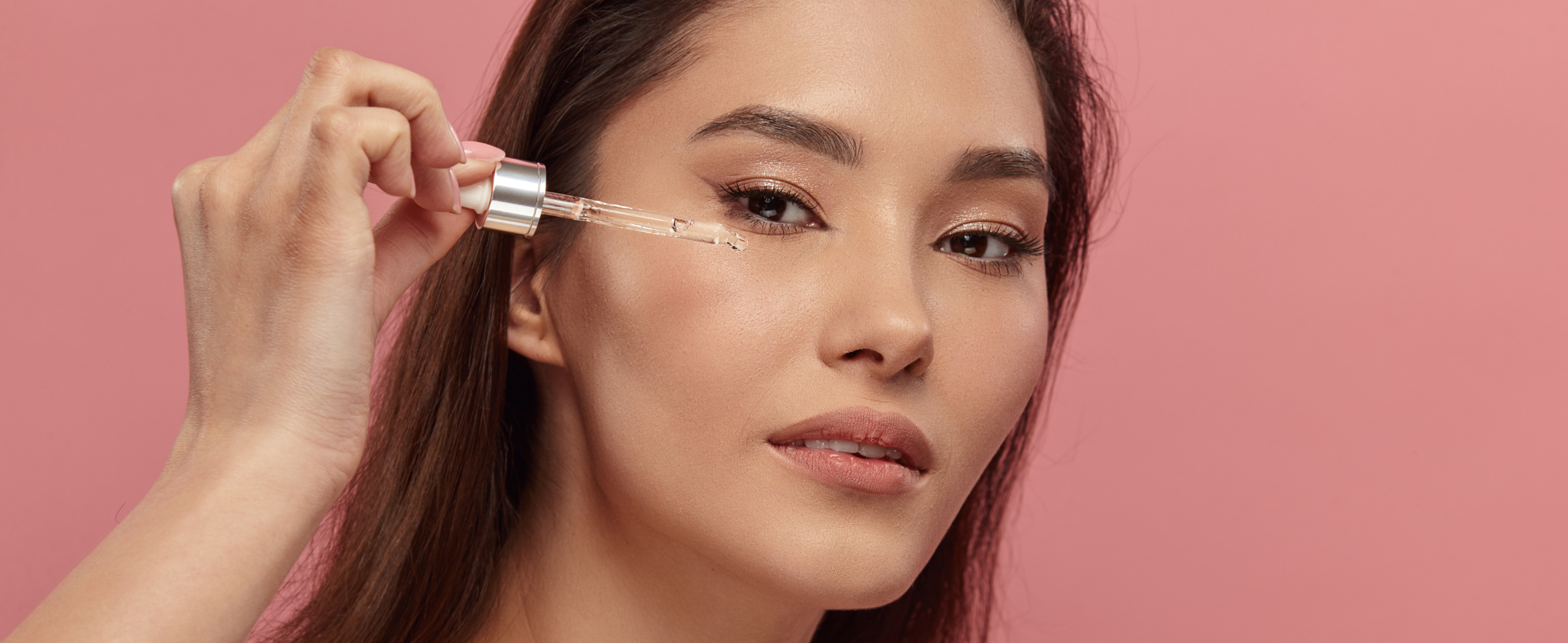Managing oily skin can often feel like a constant battle against excess shine, breakouts, and clogged pores. Luckily, niacinamide—also known as Vitamin B3—has emerged as a hero ingredient in skincare for its ability to effectively address these issues. This multi-functional ingredient is widely praised for its calming, oil-regulating, and brightening effects. But the big question remains: Is niacinamide good for oily skin? Let’s dive into why niacinamide might be exactly what your oily skin needs.
What is Niacinamide?
Niacinamide, also known as vitamin B3, is a water-soluble vitamin that works wonders for a variety of skin concerns. From reducing the appearance of pores to balancing oil production, it’s become a staple ingredient in many skincare products. Niacinamide is known for being gentle yet effective, making it ideal for all skin types, especially oily and acne-prone skin.
Is Niacinamide Good for Oily Skin?
The short answer is: yes, niacinamide is good for oily skin! Here’s why:
Regulates Sebum Production
One of the primary reasons niacinamide is a holy grail for oily skin is its ability to control sebum production. Oily skin occurs when sebaceous glands produce an excessive amount of sebum, leading to clogged pores and acne. Niacinamide helps balance this production, making your skin less oily over time.
Minimizes Pores
Enlarged pores are a common issue for people with oily skin. By regulating oil production and improving skin’s elasticity, niacinamide can reduce the appearance of large pores.
Anti-Inflammatory Properties
Oily skin often comes with acne and irritation. Niacinamide's anti-inflammatory properties help soothe and calm the skin, reducing redness and inflammation associated with breakouts.
Strengthens Skin Barrier
Niacinamide plays a crucial role in reinforcing the skin’s lipid barrier. For oily skin, a stronger barrier means better moisture retention and reduced oiliness.
Why Niacinamide Serum is Good for Oily Skin
While niacinamide can be found in a variety of skincare products, using it in serum form is particularly beneficial for oily skin. Serums are lightweight, fast-absorbing, and deliver concentrated amounts of active ingredients to the skin. A niacinamide serum is good for oily skin because it provides all the benefits without the heavy or greasy feel often associated with creams.
Can I Use Niacinamide on Oily Skin?
You might be asking, "Can I use niacinamide on oily skin?" Absolutely. In fact, niacinamide is one of the most recommended ingredients for people with oily or combination skin. Here’s how you can incorporate it into your routine:
- Cleanse: Start with a gentle, oil-balancing cleanser to remove excess oil without stripping the skin.
- Apply Niacinamide Serum: After cleansing, apply a niacinamide serum to regulate oil production and minimize pores. Look for products that contain 5-10% niacinamide, which is the sweet spot for effectiveness without irritation.
- Moisturize: Yes, even oily skin needs moisture! Opt for an oil-free or gel-based moisturizer to lock in hydration without adding extra shine.
- Sunscreen: If you're using niacinamide in your morning routine, follow up with a broad-spectrum sunscreen. Niacinamide also helps reduce pigmentation, making it essential for protecting your skin from UV damage.
Choosing the Right Niacinamide Product
When it comes to choosing the best niacinamide product, it's important to find one that suits your skin type and concerns. For oily skin, you want to focus on lightweight serums or gel-based formulas. Here are a few tips for finding the right product:
- Look for Lightweight Formulas: As mentioned earlier, serums are your best bet for oily skin. They are lightweight and deliver active ingredients without leaving a greasy residue.
- Check the Concentration: Most niacinamide products contain anywhere from 2% to 10%. If you’re new to niacinamide, start with a lower concentration and gradually increase as your skin adjusts.
- Pair It with Other Ingredients: Niacinamide works well with other active ingredients like hyaluronic acid for hydration or salicylic acid for acne. Make sure to choose a product that complements your overall skincare routine.
Niacinamide for Acne-Prone Oily Skin
Oily skin and acne often go hand in hand, which is why niacinamide can be so beneficial for acne-prone individuals. By controlling oil production and soothing inflammation, niacinamide reduces the likelihood of breakouts while also fading acne scars over time.
If you're struggling with acne in addition to oily skin, look for a niacinamide serum that also contains anti-acne ingredients like salicylic acid or tea tree oil. These ingredients work in synergy to prevent breakouts while keeping oil production under control.
Other Ingredients to Pair with Niacinamide for Oily Skin
While niacinamide is great on its own, combining it with other ingredients can enhance its benefits for oily skin. Here are some ingredients that work well with niacinamide:
- Hyaluronic Acid: Helps hydrate the skin without clogging pores.
- Salicylic Acid: Great for exfoliating oily skin and keeping pores clear.
- Zinc: Niacinamide paired with zinc can help regulate sebum production even further and reduce the risk of clogged pores and acne.
Conclusion
So, is niacinamide good for oily skin? Absolutely! Its ability to control sebum production, minimize pores, and soothe inflammation makes it a go-to ingredient for those struggling with excess oil. If you're looking for a lightweight, non-greasy way to keep your oily skin in check, a niacinamide serum is the perfect addition to your skincare routine. Whether you’re dealing with acne, enlarged pores, or just a bit too much shine, niacinamide can help bring balance to your skin.
If you’re ready to start managing your oily skin more effectively, consider adding a niacinamide serum to your daily routine. Your skin will thank you!









